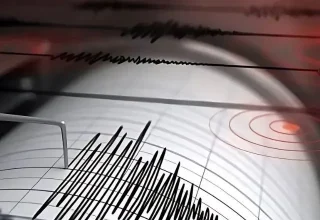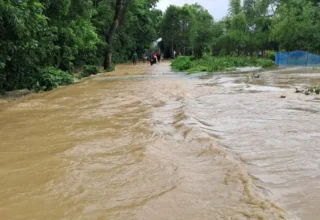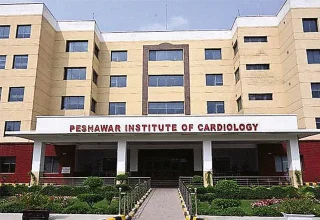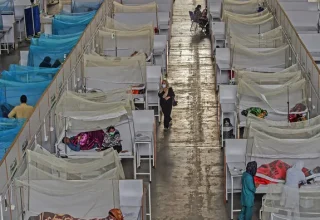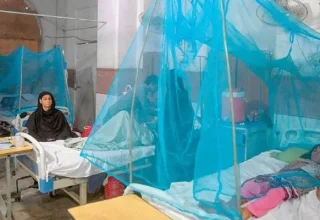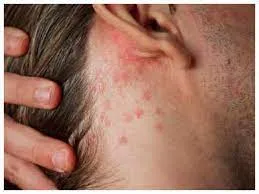
All these forms can have different symptoms and presentations. Patients present with a combination of various signs and symptoms such as itching, dry sensitive skin, rough and scaly areas, red patches, thick and dark patches on the skin, blisters, blisters etc. Based on the duration of eczema, it can be acute eczema which presents as oozing, redness itchiness, burning and blister formation. Chronic and chronic eczema may present as thickened and darkened skin (lichenification and hyperkeratosis).
Also, there are some skin conditions that look like eczema but are not, such as psoriasis, ringworm (tinea), lichen planus, fungal infections, and other inflammatory skin disorders. These symptoms can make it difficult to distinguish eczema from other skin problems, especially if there are no distinct visual cues.
Eczema flare-ups can be triggered by a variety of factors such as allergens, irritants, stress, weather changes or hormonal fluctuations. Identifying specific triggers and patterns can be confusing, as they can vary between individuals. Also, symptoms may appear initially at one site and then spread to other areas, making it difficult to pinpoint the cause.
Untreated eczema can also cause insomnia or depression.















